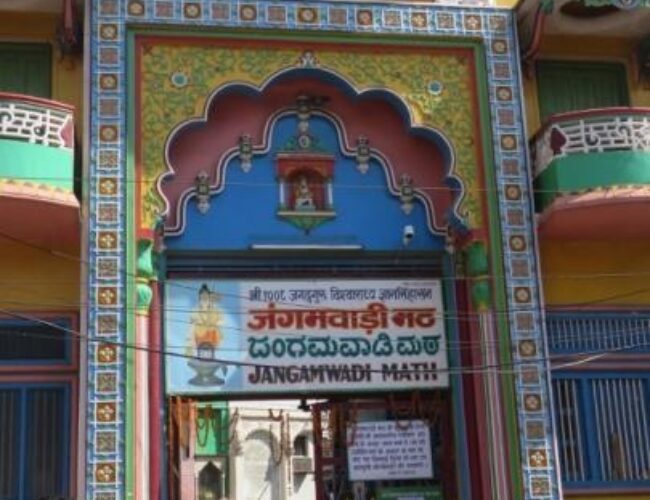Over the past few decades, scholars of Śaivism have recovered a wealth of manuscripts that have revolutionised our understanding of the place of Śaivism in the religious history of South and Southeast Asia. However, the majority of manuscript sources that have been identified have yet to be preserved and studied systematically.

Kashi Jangamwadi Matha in Varanasi is one of the central monasteries of the Pañcācārya Vīraśaiva community. The collection of manuscripts in its library represent a gap in our knowledge of the history of Śaivism. Because the Pañcācārya tradition in particular is viewed by Kannadiga nationalist factions as antithetical to the original spirit of Vīraśaivism, the manuscript and documentary heritage of the tradition is at particular risk of being lost, thus impairing our ability to reconstruct a more accurate picture of the history of Śaivism in south India.
The monastic manuscripts of south India are endangered due to the fragility of the material, lack of appropriate preservation, and political factors operating among Indian religious communities. Due to the highly endangered nature of the material, there is urgent need for preservation of documentary material that receives no institutional attention.
The main aim of the project was to create a catalogue of material in Kashi Jangamwadi Matha’s library. After surveying the collection and creating an online handlist of the holdings, some very rare items were discovered. Efforts were made to identify members of staff to undertake a large-scale digitisation project in the coming years. Finally, the library staff were trained in preservation methods.
